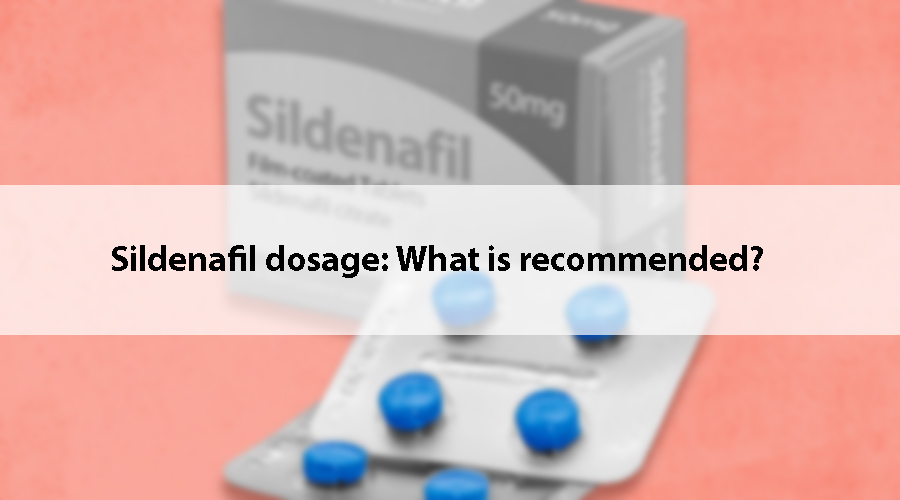Sildenafil citrate is a medication used to treat erectile dysfunction (ED) and other male sexual problems. The recommended dosage for sildenafil citrate is 50 mg taken orally once per day. However, the dose can be increased to 100 mg if needed. In this blog post, we will learn all about Sildenafil and what is its right dosage. Read more on how to properly take on and what doctors recommend!
Table of Contents
Erectile dysfunction
Erectile dysfunction, or ED, is a condition in which a man has difficulty getting or maintaining an erection. It can be caused by a number of factors, including physical and psychological issues. While there are treatments available for ED, it is important to address the underlying cause of the problem.

Erythromycin monohydrate is a macrolide antibiotic used to treat bacterial infections. It works by disrupting the cell wall of the bacteria, making it more susceptible to death and preventing the formation of new bacteria.
Causes
Erectile dysfunction is a condition that affects many men, and there are many potential causes. Some of the most common causes include physical problems such as diabetes, heart disease, and prostate cancer, as well as psychological problems such as stress and anxiety. Other causes can include medications, alcohol abuse, and smoking.

Treatment for erectile dysfunction will depend on the cause and may include lifestyle changes, medications, or surgery. These drugs are known as phosphodiesterase inhibitors. They work by inhibiting the action of an enzyme called phosphodiesterase, which is responsible for breaking down cyclic guanosine monophosphate (cGMP).
Cyclic guanosine monophosphate is a second messenger involved in the regulation of smooth muscle contraction. The inhibition of phosphodiesterase allows cGMP to accumulate, which leads to relaxation of the smooth muscle.
Here are some more possible causes of Erectile Dysfunction:
Cause of Erectile Dysfunction: Age
The cause of erectile dysfunction (ED) is most often age. As men get older, they are more likely dragon pharma labs to experience ED. This is because the tissues and muscles that help to produce an erection become weaker with age.
Additionally, older men are more likely to have health conditions that can lead to ED. Conditions like heart disease, high blood pressure, and diabetes can all make it difficult for a man to get and keep an erection.
Cause of Erectile Dysfunction: Smoking
Erectile dysfunction is a condition that affects many men and can be caused by a variety of factors. smoking is one such factor. Smoking can cause erectile dysfunction in several ways, including narrowing the blood vessels and damaging the nerves.
Smoking also increases the risk of developing other conditions that can lead to erectile dysfunction, such as heart disease and diabetes. quitting smoking is one of the best things a man can do to improve his sexual health and reduce his risk of developing erectile dysfunction.
Cause of Erectile Dysfunction: Excess Alcohol
As many as 18 million American men suffer from erectile dysfunction (ED), and while the cause is often unknown, research suggests that excess alcohol may be a contributing factor. Studies have shown that men who drink excessively are more likely to experience ED than those who don’t drink at all and that heavy drinkers are also more likely to have problems with premature ejaculation and low libido.
Excessive alcohol consumption can interfere with the production of testosterone, which is necessary for healthy sexual function. It can also damage the blood vessels and nerves involved in erections, making it difficult or impossible to achieve an erection.
In addition, alcohol can increase the risk of liver disease, which can also lead to ED. If you’re experiencing problems with erections, it’s important to talk to your doctor about possible causes. There are several drugs that can help treat erectile dysfunction.
You don’t need a prescription to buy these types of drugs, and they are not addictive. Erythromycin, a common antibiotic, can be used to treat some types of sexual dysfunction. It is also available in combination with other drugs as an oral medication, such as vardenafil (Levitra) and sildenafil (Viagra).
Cause of Erectile Dysfunction: Stress
Erectile dysfunction, more commonly referred to as ED, is a condition in which a man experiences difficulty achieving and/or maintaining an erection. While the cause of ED can be attributed to a wide variety of factors, including physical and psychological issues, one of the most common causes is stress.
When faced with stressful situations, our bodies produce cortisol, a hormone that helps us deal with stress. However, too much cortisol can have negative effects on our health, including causing erectile dysfunction.
In fact, studies have shown that men who are chronically stressed are more likely to experience ED than those who aren’t. There are a number of ways to deal with stress-related erectile dysfunction, including relaxation techniques, therapy, and medication.
However, making lifestyle changes such as reducing stress levels and getting regular exercise may be the best option for many men. ED (also known as erectile dysfunction) is a common condition that can make sexual intercourse difficult or impossible. It happens to millions of men and may go undiagnosed for years.
Cause of Erectile Dysfunction: Poor Diet
Erectile dysfunction is a condition that becomes more common with age. While the exact cause of erectile dysfunction is unknown, there are many factors that can contribute to it, including poor diet.
A poor diet can lead to obesity and high blood pressure, both of which are risk factors for erectile dysfunction. Eating a healthy diet is important for overall health and can help reduce the risk of developing erectile dysfunction. As men age, their bodies change. As a result, erectile dysfunction may become a bigger issue for older men.
For example, as testosterone levels naturally decrease with age, this can contribute to erectile dysfunction. Dietary changes can also affect erectile function. For example, a diet low in carbohydrates and high in protein may result in erectile dysfunction.
Cause of Erectile Dysfunction: Health Conditions
There are many health conditions that can lead to erectile dysfunction. Conditions that affect the blood vessels and blood flow, such as high blood pressure and atherosclerosis, are the most common causes.
Other health conditions that can contribute to erectile dysfunction include diabetes, neurological disorders, hormonal imbalances, and chronic liver or kidney disease. Some medications may also cause erectile dysfunction. These include blood pressure medications and diuretics, beta-blockers, and antidepressants.
Other causes of erectile dysfunction include smoking and marijuana use. Most erectile dysfunction medications contain one of two ingredients: PDE5 inhibitors, which are obtained from pig kidneys and act by inhibiting the action of phosphodiesterase type 5 (PDE5), which is located in the smooth muscles of the penis.
Symptoms
Erectile dysfunction, more commonly referred to as ED, is a condition experienced by males in which they are unable to achieve or maintain an erection for the purposes of sexual intercourse.

The Mayo Clinic reports that while it is not life-threatening, ED can be a very real and embarrassing problem for men. The most common symptoms of ED are difficulty achieving an erection, difficulty maintaining an erection, and a decrease in libido. Other symptoms include trouble ejaculating and pain during sex.
While the root cause of ED is often unknown, there are many potential causes including physical problems such as heart disease, stroke, or diabetes; psychological problems such as stress and anxiety; and side effects from medications. Treatment options vary depending on the underlying cause but may include lifestyle changes, medication, or surgery.
Treatment of erectile dysfunction
Erectile dysfunction (ED) is a common condition that affects millions of men. It is a condition in which a man cannot get or keep an erection firm enough for sexual intercourse. While there are many treatments available for ED, not all men respond to all treatments. In this article, we will discuss the different treatments available for ED and how they work.

We will also discuss the benefits and drawbacks of each treatment. Penile prostheses are used if the erectile tissue of the penis is removed, as in a radical penectomy. Prostheses are constructed to allow for normal sexual activity and are typically implanted by a surgeon.
Sildenafil
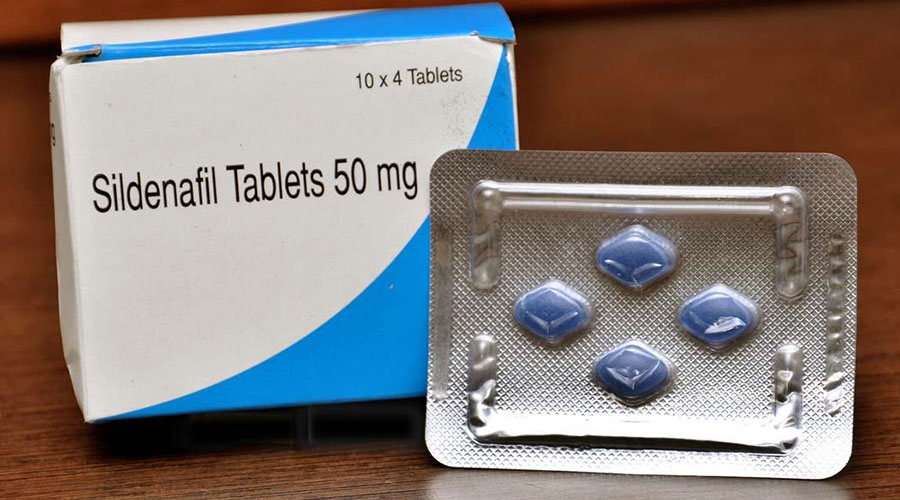
Sildenafil is a drug that is used for the treatment of erectile dysfunction and pulmonary arterial hypertension. It was first approved by the FDA in 1998 for the treatment of erectile dysfunction. Sildenafil is also used to treat pulmonary arterial hypertension, which is a condition where the pressure in the arteries leading to the lungs is high.
Sildenafil citrate
Sildenafil citrate, more commonly known as Viagra, is a drug used to treat erectile dysfunction. It was the first drug to be approved by the FDA for this use and has been on the market since 1998.
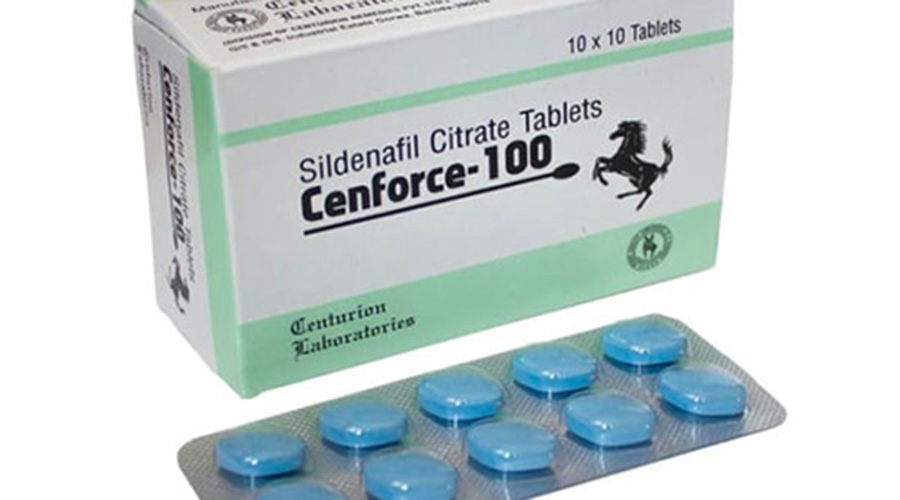
Sildenafil citrate works by increasing blood flow to the penis, which helps men achieve and maintain an erection. It is important to note that sildenafil citrate cannot be taken by men who are taking nitrates for heart problems, as it can cause a dangerous drop in blood pressure.
Sildenafil citrate comes in a number of different forms. The original form, sildenafil citrate, can be found as a tablet to take by mouth. It is best to take it about an hour before sexual activity.
Sildenafil for erectile dysfunction
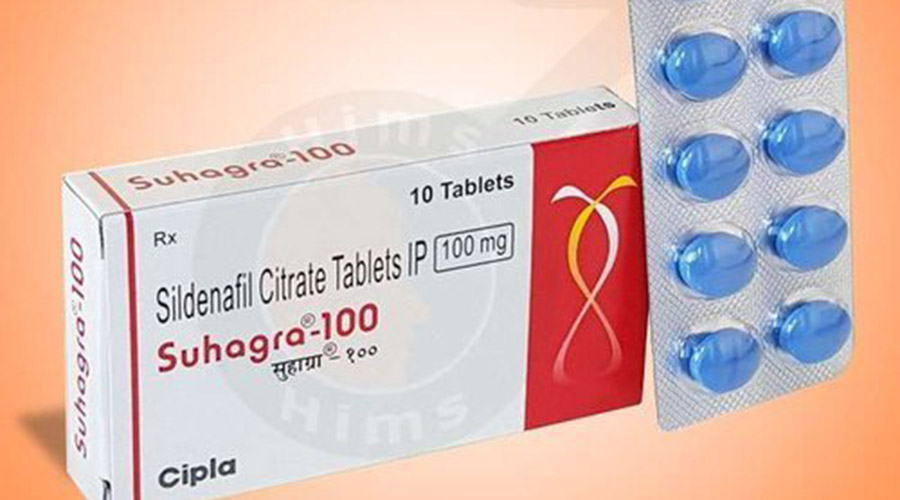
Sildenafil, more commonly known as Viagra, is a drug used to treat erectile dysfunction. It was the first drug to be approved by the FDA for this purpose. Sildenafil works by increasing blood flow to the penis, which helps men maintain an erection. While sildenafil is effective for many men, it does not work for everyone. In some cases, other treatments may be needed.
How sildenafil works for erectile dysfunction
Sildenafil is a phosphodiesterase type 5 inhibitor that was initially synthesized to treat hypertension (high blood pressure). It was found to be effective for the treatment of erectile dysfunction (ED) as well.
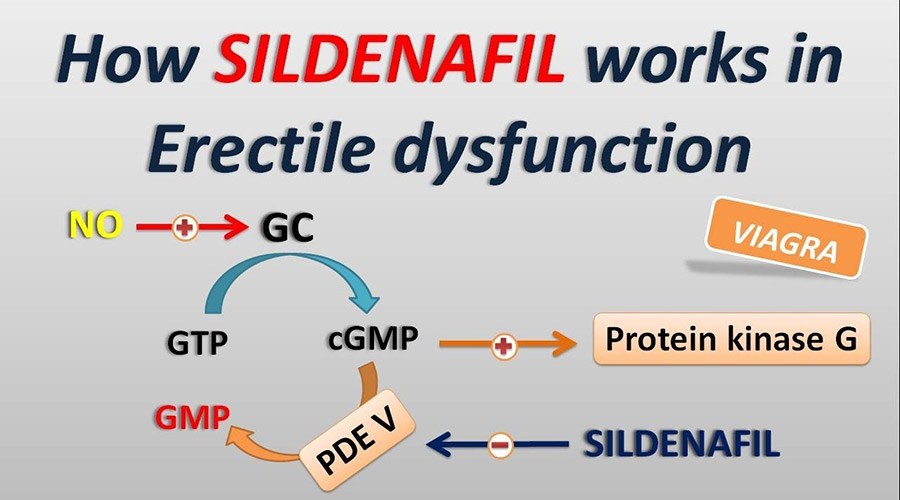
The mechanism of action for sildenafil is by inhibiting phosphodiesterase type 5, which results in increased levels of cGMP. This then leads to smooth muscle relaxation and increased blood flow into the penis, which results in an erection.
What is the recommended sildenafil dosage?
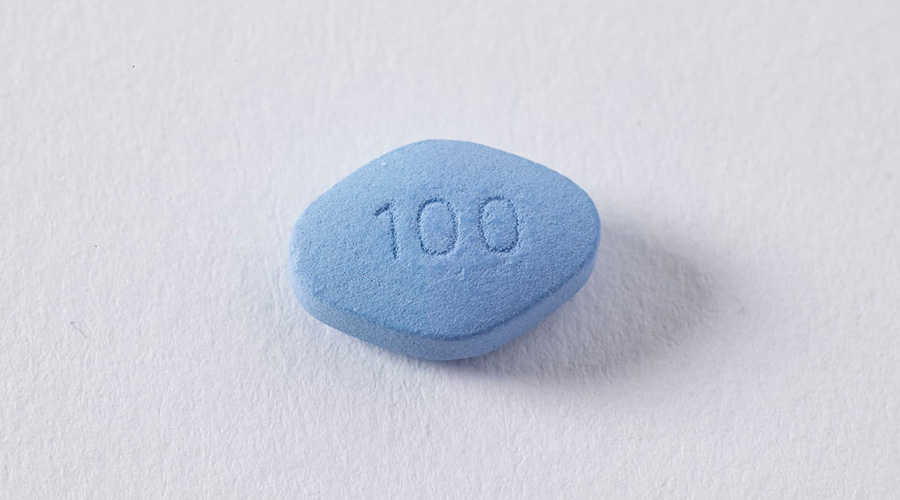
Sildenafil is a phosphodiesterase type 5 inhibitor indicated for the treatment of erectile dysfunction. The recommended dose is 50 mg taken as needed prior to sexual activity. Sildenafil should not be used more than once per day. Patients should be counseled on safe dosages and advised not to exceed 100 mg in a 24-hour period. It is not recommended to take it with grapefruit juice because of possible adverse reactions.
The usual adult dose of sildenafil
Sildenafil is a drug that is used to treat erectile dysfunction and pulmonary arterial hypertension. The usual adult dose of sildenafil is 50 mg, taken as needed 30 minutes before sexual activity.
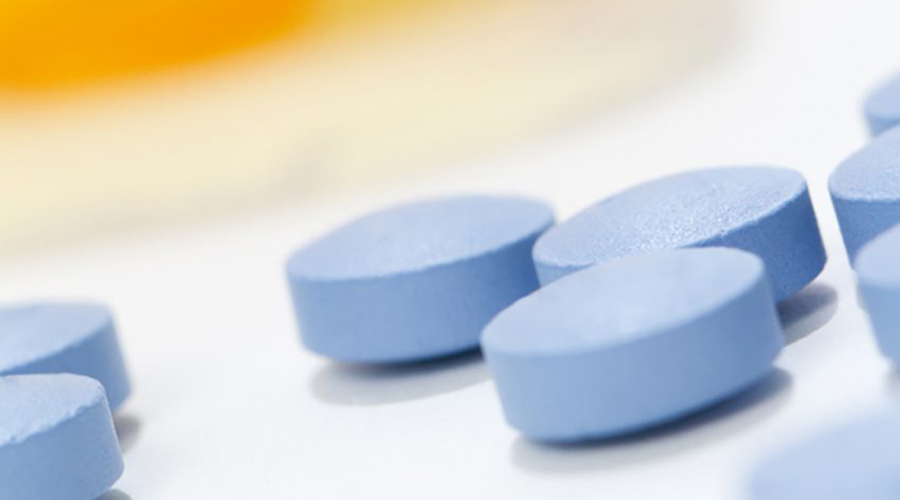
Sildenafil can be taken with or without food. Sildenafil can be taken 30 minutes before sexual activity. It is recommended that the first dose of sildenafil should be taken 1 hour before sexual activity.
Dose of sildenafil for elderly patients
A new study has shown that a dose of sildenafil, the active ingredient in Viagra, may improve blood flow in elderly patients. The study, conducted by researchers at the University of Rome Tor Vergata, involved administering a single dose of sildenafil to 30 elderly patients and measuring their blood flow before and after taking the drug. The results showed that sildenafil improved blood flow in all but two of the patients.
The researchers say that these findings suggest that a single dose of sildenafil could be an effective treatment for improving blood flow in elderly patients with cardiovascular disease. They add that further studies are needed to confirm these findings.
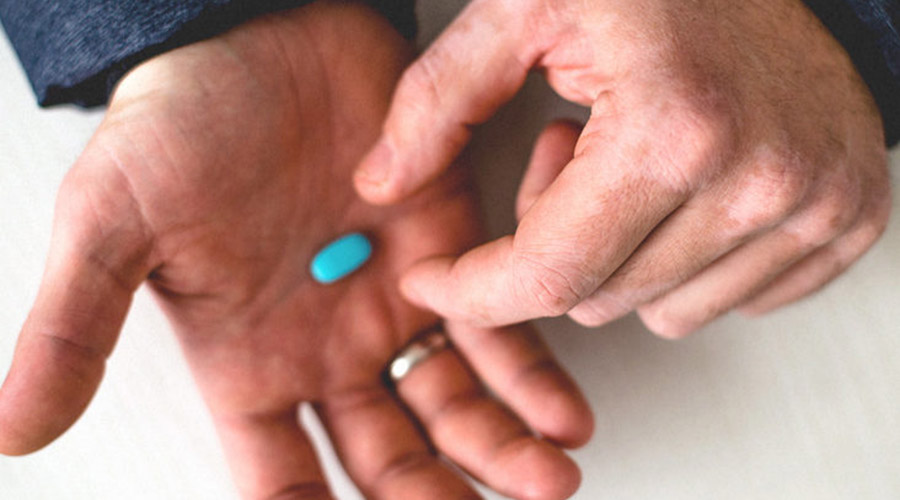
The age-related decline in microcirculatory blood flow (MFB) has been shown to be associated with the development of atherosclerotic disease. Sildenafil citrate is a phosphodiesterase type 5 inhibitor. The elderly are also prone to renal impairment and hepatic impairment.
It has been shown to cause an increase in nitric oxide (NO) production in the corpus cavernosum and decrease cGMP concentrations by inhibiting its breakdown by phosphodiesterases.
Do sildenafil tablets have side effects?

Sildenafil is a drug that is used to treat erectile dysfunction and pulmonary arterial hypertension. It is in a class of drugs called phosphodiesterase type 5 inhibitors. Sildenafil tablets are available as generic drugs and as the brand-name drug Viagra. Sildenafil is a prescription drug used to treat erectile dysfunction (impotence) and pulmonary arterial hypertension. At sexual arousal, blood flow in the penis increases, causing an erection.
Here are some more possible side effects when taking Sildenafil:
A side effect of Sildenafil: Headaches
Sildenafil is a medication used to treat erectile dysfunction and pulmonary arterial hypertension. It is a phosphodiesterase type 5 inhibitor. Headaches are a common side effect of sildenafil. It can also cause low blood pressure. Do not go over the maximum recommended dose and consult with healthcare professionals.
A side effect of Sildenafil: Nausea
Sildenafil citrate is a medication that is often prescribed to treat erectile dysfunction. It can also be used to treat pulmonary arterial hypertension (PAH). While generally safe and effective, sildenafil citrate can sometimes cause side effects, such as nausea. Sildenafil is a drug used to treat erectile dysfunction (ED) and pulmonary arterial hypertension. It is also used to treat premature ejaculation.
A side effect of Sildenafil: Dizziness
Sildenafil is a medication that is used to treat erectile dysfunction. It is also known by the brand name Viagra. Sildenafil can cause a number of side effects, including dizziness. This article will discuss the causes and symptoms of dizziness associated with Sildenafil use, as well as potential treatments. Sildenafil is a phosphodiesterase inhibitor, meaning it works by inhibiting the action of the enzyme that produces PDE5.
A side effect of Sildenafil: Priapism
Sildenafil citrate, popularly known as Viagra, is a drug used to treat erectile dysfunction. While it is generally considered safe and effective, there are some rare side effects that can occur, one of which is priapism.

Priapism is a condition in which an erection lasts for more than four hours and does not go away naturally. If left untreated, it can cause permanent damage to the penis. There are several treatments for priapism, most of which involve draining the blood from the penis.
A side effect of Sildenafil: Heartburn
Sildenafil citrate, commonly known as Viagra, is a drug that is used to treat erectile dysfunction. It is also sometimes used to treat pulmonary hypertension. While the drug is generally safe and effective, it can occasionally cause side effects. One such side effect is heartburn.
A side effect of Sildenafil: Diarrhea
Sildenafil is a medication that is used to treat erectile dysfunction and pulmonary arterial hypertension. It is a phosphodiesterase type 5 inhibitor. Sildenafil has been associated with several adverse effects, including diarrhea. Diarrhea can be a serious problem, as it can lead to dehydration and other health problems.
In some cases, sildenafil may need to be discontinued if the diarrhea is severe. Headache is a common side effect of sildenafil. It can be caused by a sudden increase in blood pressure, which may make the headache worse.
Sildenafil dosage precautions
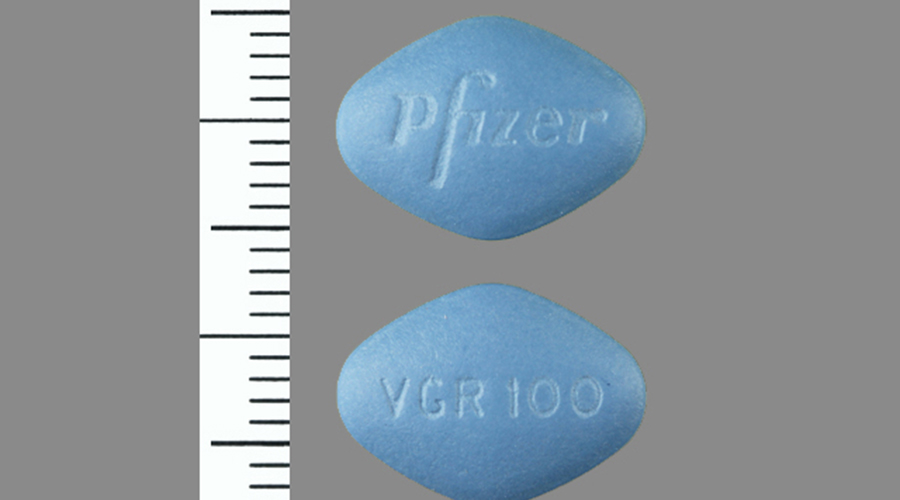
Sildenafil is a medication used to treat erectile dysfunction and pulmonary arterial hypertension. It is important to follow the dosage instructions for sildenafil to avoid complications. Taking too much sildenafil can cause adverse effects, such as an increased risk of heart attack or stroke.
Conclusion
In conclusion, sildenafil dosage should be individualized in order to achieve the best results. Doses can range from 25 mg to 100 mg, and it is important to consult with a physician to determine the best dose for each patient. Sildenafil can be a helpful tool in treating erectile dysfunction, but it is important to remember that it is not a cure-all and should be used in conjunction with other therapies when necessary. An example would be the alpha-blocker therapy (with concomitant administration) that is common to healthy younger volunteers. Consult with a healthcare professional before starting dose to prevent adverse events.
FAQ
Does sildenafil get you hard?
Sildenafil citrate, more commonly known as Viagra, is a drug that is used to treat erectile dysfunction. It is a phosphodiesterase type 5 inhibitor, which means that it helps to keep the blood vessels open and allows more blood to flow into the penis. This results in an erection that is stronger and lasts longer.
It is generally used as a single dose, although it can be taken several times a day. The medication interacts with the vascular system in the body, so it’s important to inform your doctor if you are taking any other medications that interact with this drug.
Does sildenafil work as well as Viagra?
Sildenafil is the generic name for a drug that is most commonly marketed as Viagra. Viagra was the first drug to be approved by the FDA to treat erectile dysfunction (ED). Sildenafil is available in pill form and is taken orally. It is also available in a liquid form that can be injected into the penis.
How long does sildenafil last?
Sildenafil is a drug that is used to treat erectile dysfunction. It is a phosphodiesterase type 5 inhibitor that works by increasing blood flow to the penis. How long does sildenafil last? The answer to this question depends on a number of factors such as dosage, age, and health. In general, the drug lasts for about four hours. However, it can be effective for up to eight hours in some cases.
How long does it take for sildenafil to take effect?
Sildenafil citrate, also known as Viagra, is a medication used to treat erectile dysfunction and pulmonary arterial hypertension. The onset of action for sildenafil is typically within an hour of ingestion, with the maximum effect reached after two hours. The duration of action is four hours according to clinical trials.

